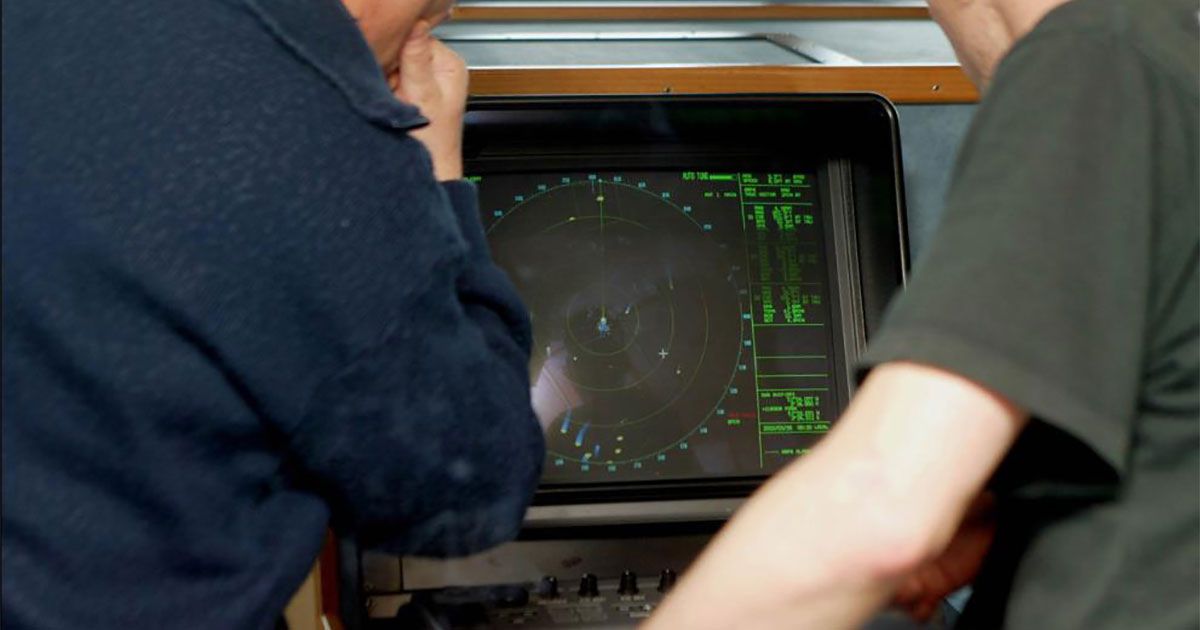On September 4, 2023, the EU (European Union) announced its readiness to exchange fisheries control data using a new common global standard recognized by the United Nations.
This is an important milestone towards the modernization of fisheries data exchange, as it is the first time this new global standard will be used for data sharing between a Contracting Party, the EU, and a Regional Fisheries Management Organization, the North-East Atlantic Fisheries Commission (NEAFC).
The EU informed the NEAFC it will start using the modern UN/FLUX standard for sending them electronic logbook data. The UN/FLUX standard, developed by the EU and officially recognized by the United Nations Centre for Trade Facilitation and Electronic Business (UN/CEFACT), harmonizes the exchanges of fisheries control data internationally and is already used in the EU. The harmonization of data exchange formats reduces costs, and make fisheries control more efficient and accessible to public authorities.
After several years of preparation, the 14 EU countries fishing in the NEAFC area have finished intense technical preparations by making the necessary changes to the systems on board of the vessels and in their Fishing Monitoring and Control Centres.
Next steps
The EU is awaiting the NEAFC annual meeting in November to confirm the technical readiness before the standard can be used as of January 2024.
Background
NEAFC agreed in 2019 on a stepwise introduction of this new standard, with the EU being the frontrunner and other contracting parties following two years later.



